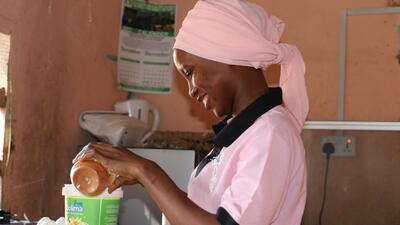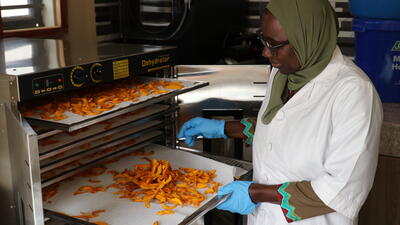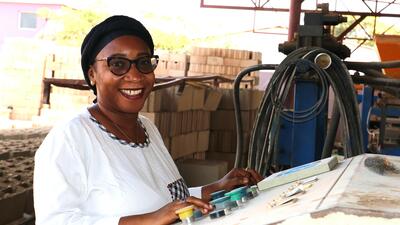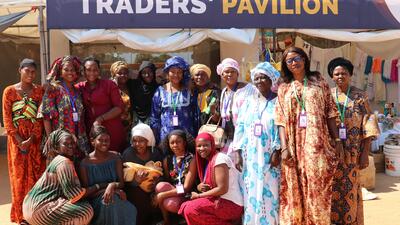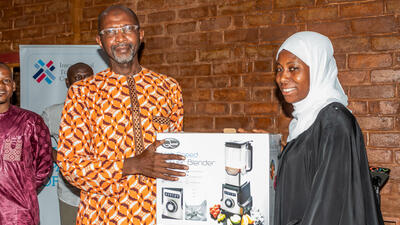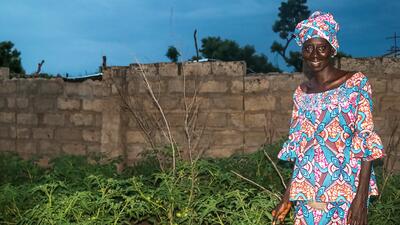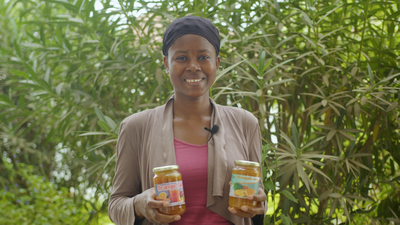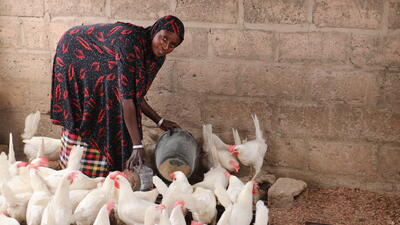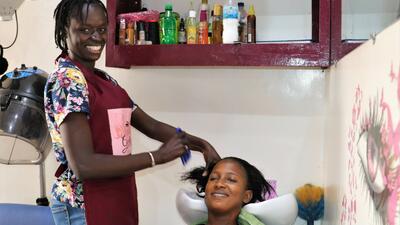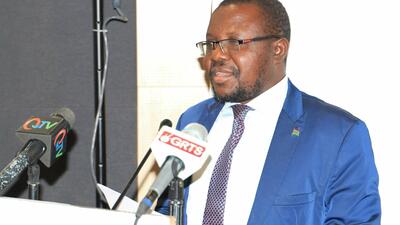

A green Gambia, a green future
Trade Forum talked with Kemo Fatty, social justice and climate campaigner, global changemaker and Director of community-based organization Green-Up Gambia, about fighting for a greener, healthier and sustainable future for Africa.
The activist is also an Ambassador of the Pan African Great Green Wall initiative, working together with non-profit organization Civic and the African Union, to lead the initiative in the Gambia through a frontline movement of ecopreneurs, farmers, herders, and fishers.
When I was 16 years old, I realized that thousands of young Gambians are leaving the country to migrate to Europe, mostly to the Spanish Canary Islands. My brother left years later on the same journey.
When asked for the reason of leaving, people say they are looking for greener pasture, for jobs, for a productive country so they can live. Life is worsening by the season and farming has become no more than casino gambling. Who could blame them wanting to leave.
I volunteered with a local organization, raising awareness about the dangers of this journey but that was not enough as people were losing more and more hope in their only economic power, the soils.
This is when I decided we needed to do something to avert this exodus.
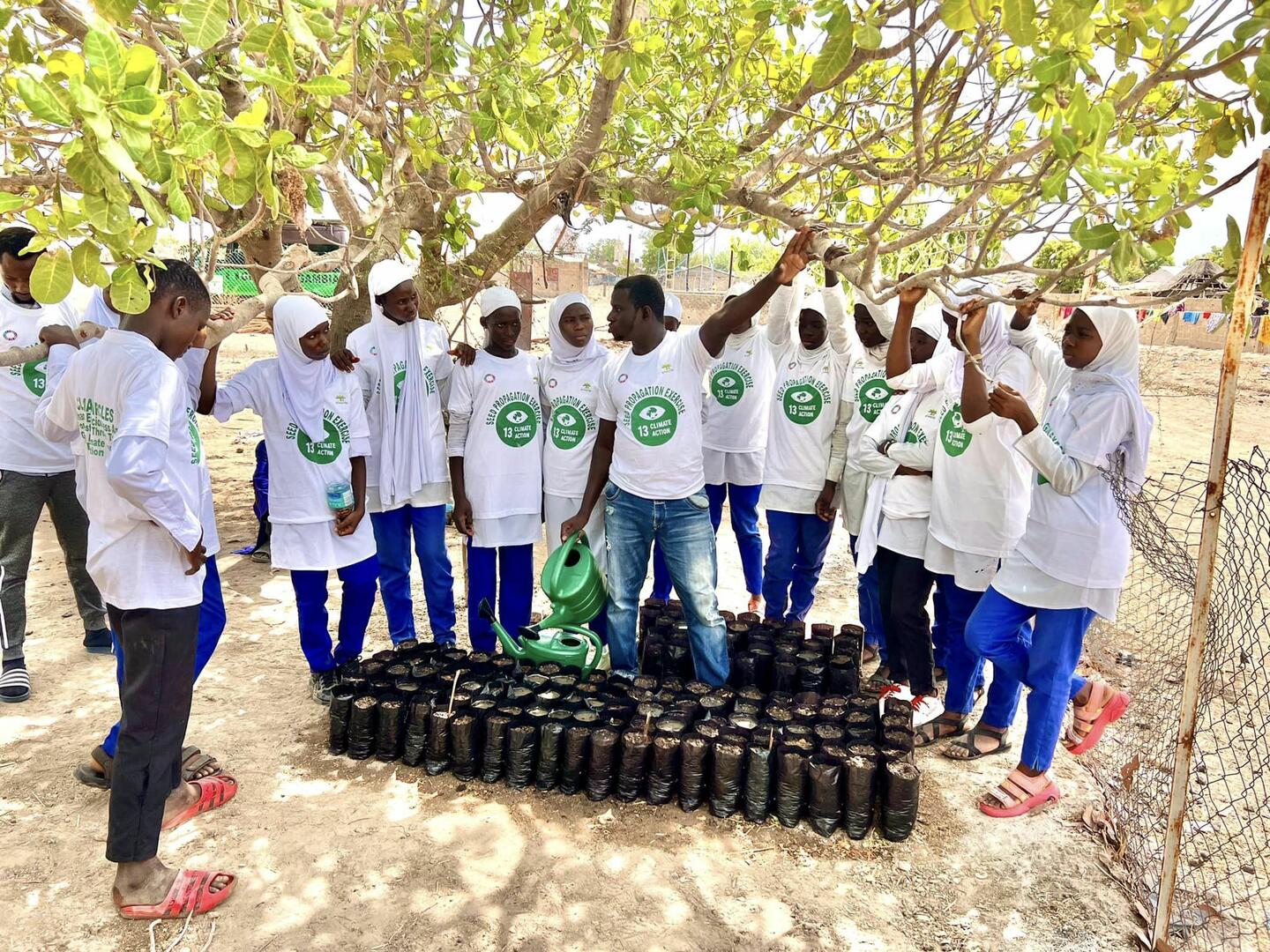
Green-Up Gambia advocates against migration by working with young people and women in agroecology, agroforestry and sustainable farming practices so they can become resilient and best of all, thrive, and this with net zero emissions. We revive the power of the soils and preserve the natural forest of the Gambia so people can stay.
We support social enterprises across the country and try to decarbonize the supply chains of businesses in the face of climate change. And I believe the best way is by adopting the circular economic model.
With the support of the International Trade Centre, we have trained over 40 young entrepreneurs in developing recycling and upcycling techniques for their businesses.
We are addressing the waste value chain and help them engage in waste trading too. We also hope to establish a comprehensive waste management system with local governments to start deriving more value from waste.
It is shocking to see the damage caused to our ecosystems by waste, especially due to plastic. We hope that this approach will create “green jobs” and wealth for communities, while solving the most pressing problem of our time.
I think our efforts are bearing fruit because we are seeing changes in the attitude of young people. They are becoming more climate conscious and start employing more eco-friendly approaches to their business, which will make them competitive in the long run.
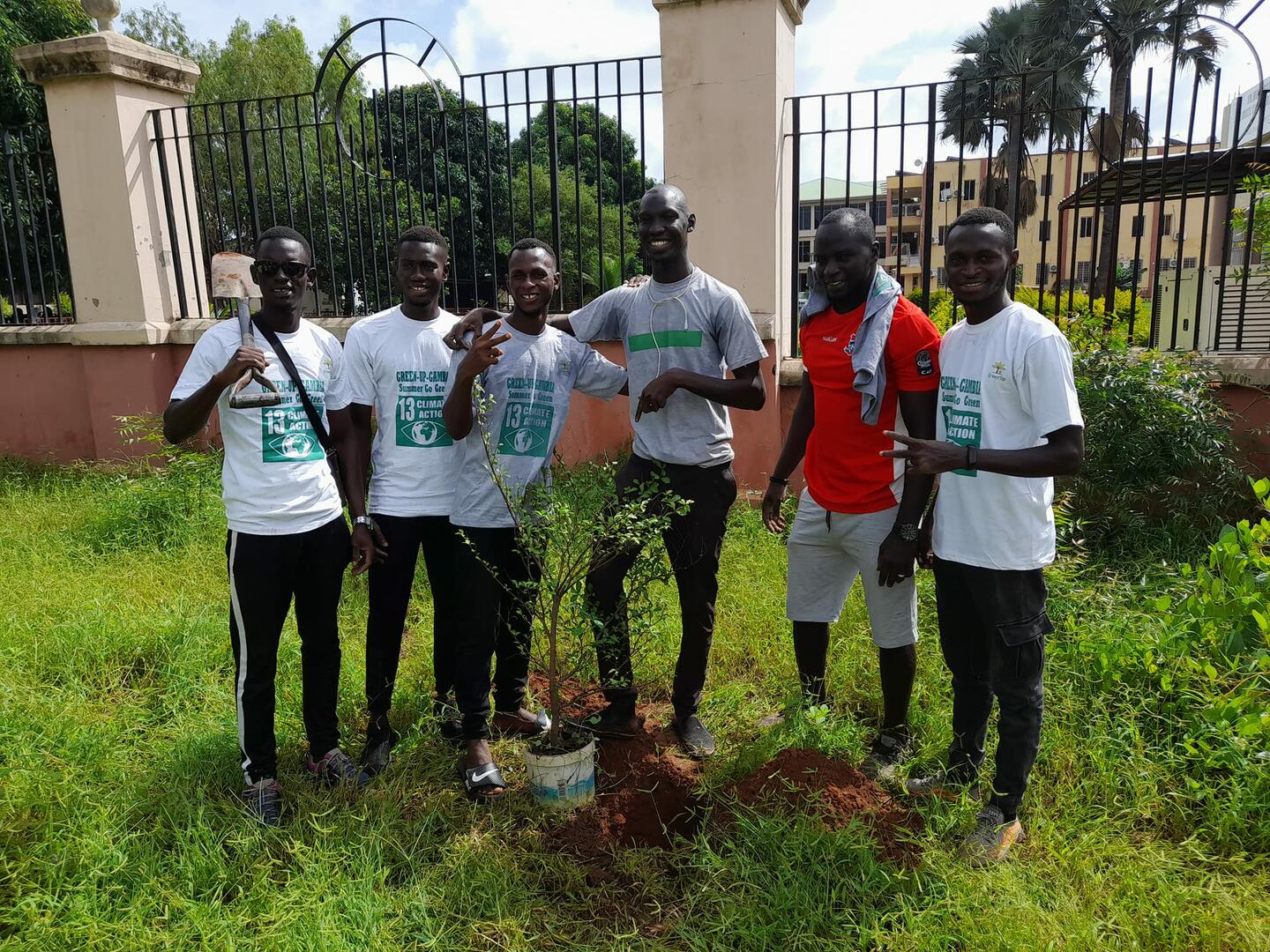
Climate change is a significant threat to the Gambia’s ecosystem and the country’s crop production cycle as well as weather patterns. But not everyone understands these changes and knows what their role is in curbing the crisis.
In recent decades, over 200,000 hectares have been deforested in The Gambia and over 100,000 hectares have been lost to desertification since 1998.
Over the years, significant ecological and economic losses have been attributed to the changing climate. This has raised pressure on the existing natural resources and rising inequalities.
Ninety percent of crops grown are rain fed and climate continues to affect the local people. However, there is little understanding among farmers of the link between climate change, deforestation and desertification. This includes the restoration of degraded land that has been abandoned due to declining fertility.

For a long time, the Great Green Wall Frontline Initiative has been overseen by politicians only, but now we are bringing in the communities that are directly impacted.
Almost 15 years later, progress has been slower than expected, with only about 18% of the wall planted.
But the idea of a simple barrier of trees across Africa has evolved into something bigger: regenerating a whole region.
The Great Green Wall is now a mosaic of local initiatives which, beyond rebuilding natural woodlands, are providing food through climate-smart agriculture, creating green jobs, supporting women to become more independent, and rebuilding the economy for the younger generation.
Green-Up Gambia was supported by the “Jobs, Skills and Finance for Women and Youth in The Gambia” Programme funded by the 11th European Development Fund and implemented by the United Nations Capital Development Fund (UNCDF) in collaboration with the International Trade Centre (ITC).








